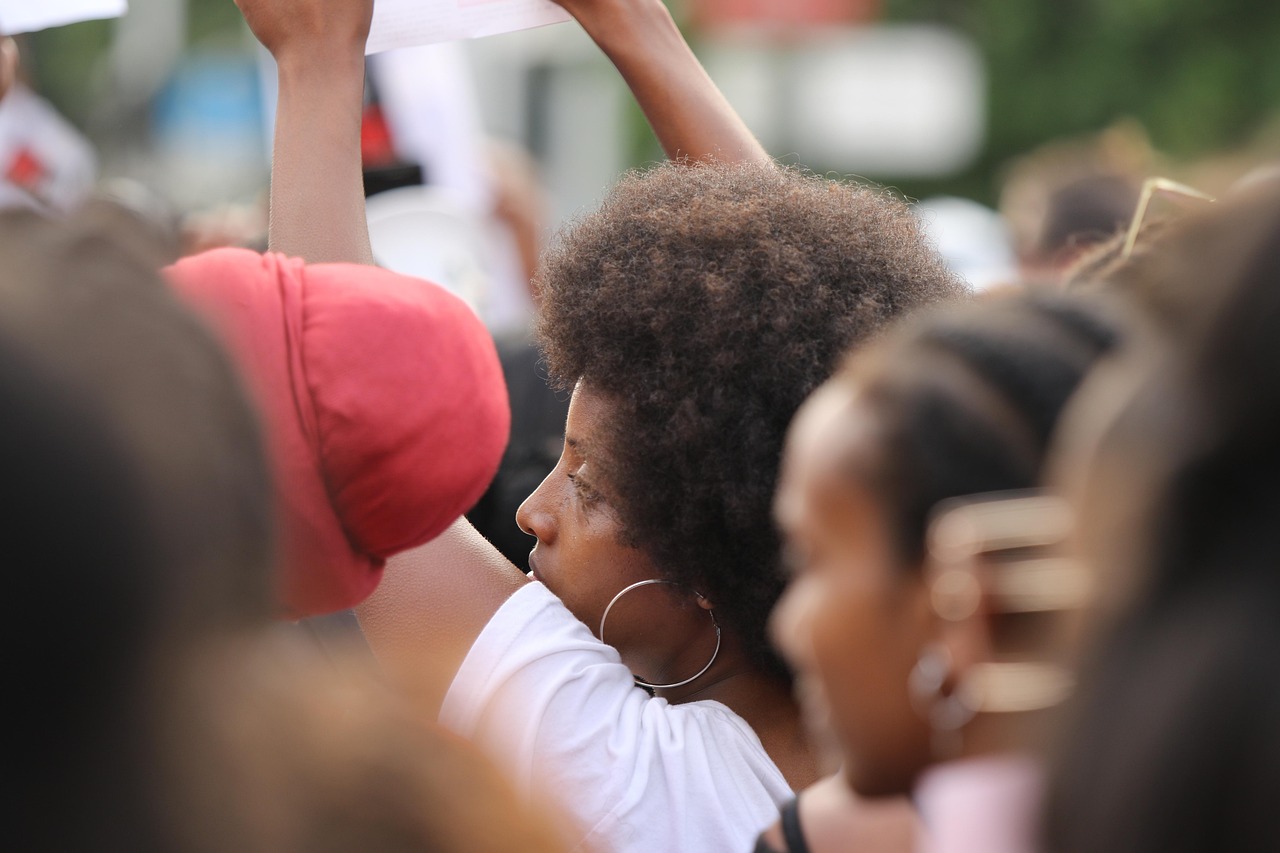06
Nov 2024
Nurses at Northern Beaches Hospital Begin Strike
Published in News on November 06, 2024

Nearly 300 nurses from Northern Beaches Hospital are striking this morning until 9:30 am. The Manly Observer is on site and will provide a full report later today.
Medical staff have voiced concerns, calling it risky that the privately operated hospital is continuing with elective surgeries during the strike.
Sheridan Brady, President of the NSWNMA Northern Beaches Hospital Branch, stated that nurses and midwives at Healthscope deserve improved conditions.
Sheridan Brady, President of the NSWNMA Northern Beaches Hospital Branch, expressed frustration over working conditions, stating, "Our nurses and midwives are being pushed beyond what is manageable. We have a professional obligation and a moral conviction to give each patient the care they deserve. Sadly, it’s just not an option to give the best care we are capable of without safe staffing ratios."
She highlighted the emotional toll on staff, saying, “Poor staffing has led to burnout and fatigue, and the daily dilemma of not being able to provide consistent quality care has left us broken. Our buckets are empty.”
Ms. Brady further explained, "We receive less annual leave, maternity leave, and personal leave than our public sector counterparts. Why would any nurse or midwife choose to work for Healthscope?"
Discussing the hospital’s unique role, she added, "The Northern Beaches Hospital is a private hospital providing public health services. This model was set up by the former state government to replace the Manly and Mona Vale public hospitals. Yet we have been excluded from the Safe Staffing ratios reform promised in the public health system. Our patients deserve the same level of care they would receive at any public hospital."
In response, a Healthscope spokesperson expressed disappointment over the industrial action, emphasizing, "Our top priority is to provide our patients with the best possible care, and we have contingency plans to ensure business as usual during the strike."
The spokesperson stated that Healthscope had made a "market-leading wage offer" and engaged in good faith negotiations with NSWNMA, adding, "We have listened carefully to staff and consulted with them throughout the EBA process, and we will continue to do so to reach an agreement that’s fair and sustainable."
Currently, Northern Beaches Hospital is undergoing an independent audit.
For those travelling to Northern Beaches Hospital, there are a number of accommodation options nearby to support visiting families. Guides on short-term hospital accommodation can help patients and their families find convenient places to stay during treatment, easing the challenges faced when supporting a loved one in the hospital.









